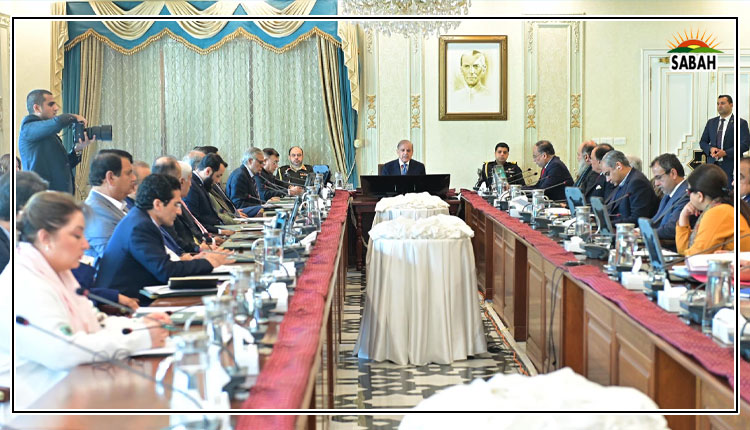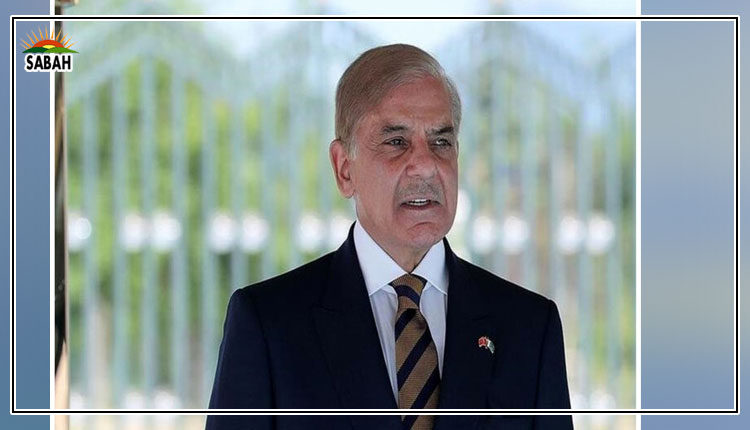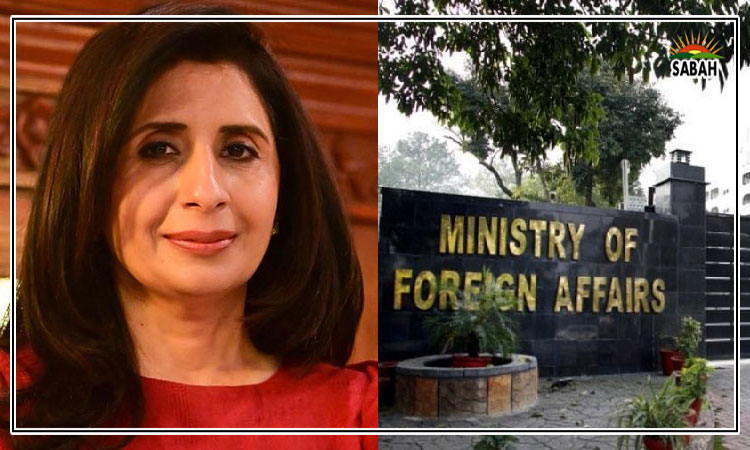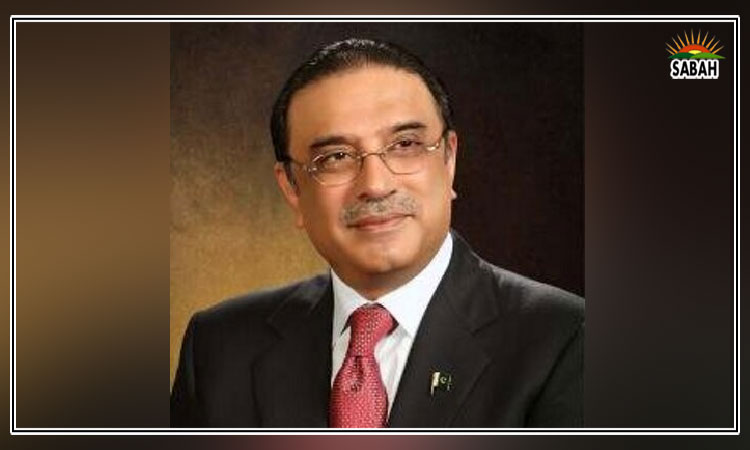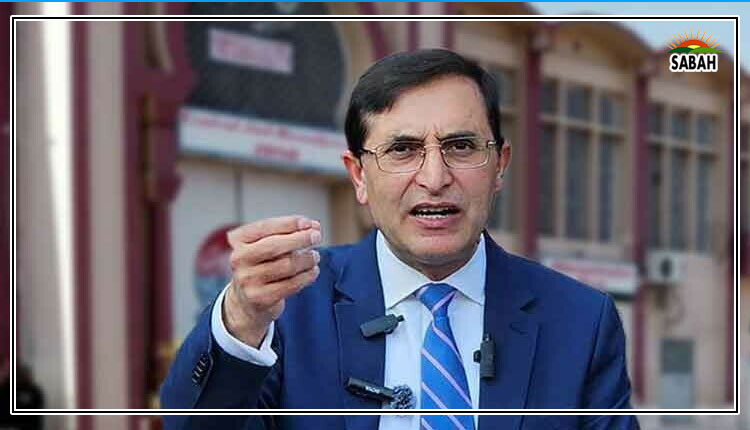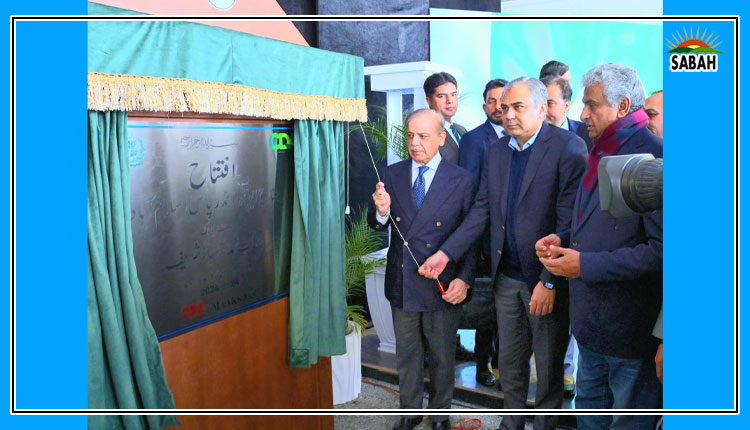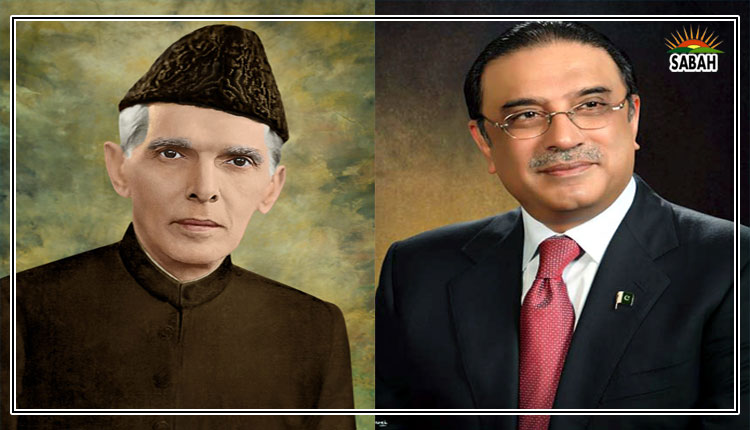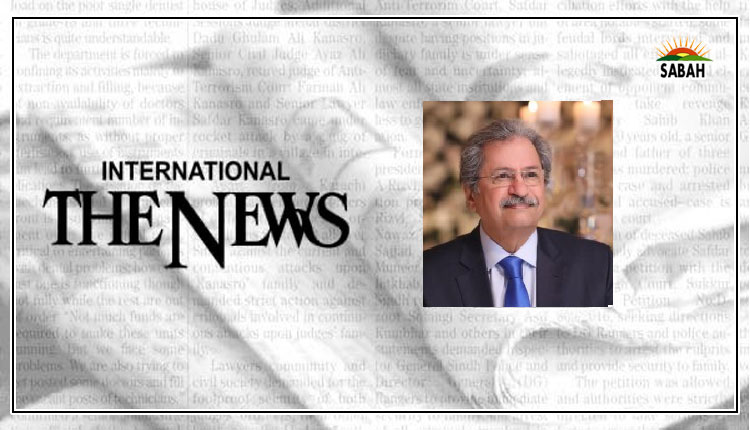Adding fuel to the fire …..Shafqat Mahmood
Balochistan is on fire and there are no softer words to describe it. A coordinated attack across the province by the so-called Balochistan Liberation Army (BLA) shows capabilities that were not known to exist – at least to those not on the scene. The depth of its influence not just in southern Balochistan but all over the province comes as a rude shock. It dramatically highlights how dire the situation is.
There are many elements of this attack that are disturbing – the most obvious being intelligence failure. There are a number of law-enforcement agencies and police spread out all over the province. How was it possible for the BLA to organize such an operation – with hundreds of people involved – without anyone finding out?
The second is response time. It is difficult to have a presence of law enforcers in every place in the vast areas of Balochistan. This makes it imperative to have rapid response teams that can reach any place quickly if a report of an attack is received. Such teams I am sure do exist.
If this is indeed the case, why did no one reach when the highways were blocked for many hours? This is not the first time this has happened and should have been anticipated. Also, it is not possible in this day and age, when everyone carries a telephone, that law enforcers did not find out what was going on. Why was there no quick response?
This is particularly tragic in the Musakhel district. The road linking the district to Punjab was blocked for many hours. Identity cards were systematically checked, of probably more than a hundred people, and those of Punjabi descent separated. They were then ruthlessly killed and more than thirty vehicles burnt. Why did no one reach there in time to stop this carnage?
The third disturbing element, which is not new, is the targeting of Punjabis. This is being done deliberately to feed into the anti-Punjabi narrative that has been nurtured over many years by Baloch separatists. This has potency and is perhaps the most challenging perceptual battle in the province.
Insurgencies are not won through military power alone. Beneath every conflict of this nature lie narratives that explain the struggle to the support base. The stories are invariably of oppression and denial of rights and identify someone as the oppressor. The most powerful of these, and difficult to counter, are narratives given an ethnic colour because these draw on centuries of tribalism.
Even if such a conflict is not there substantively, such as in Balochistan, the ethnic angle is used to give it impetus. I say substantively because there is no large and dominant Punjabi presence in the province and no exclusive capture of its resources by them. The few present in urban centres have been there for a hundred years and deeply integrated into Baloch society.
The nature of the state however makes Punjabis a target. Being the largest province, they do have a major presence in the state apparatus whether military or civil. This makes it easy to single them out for narrative building. It has resonance because instead of blaming a vague entity such as the state, blaming a particular ethnicity focuses on the hurt.
Targeting of Punjabis fits this narrative. This has not been systematically countered at all and unless it is done, the battle of hearts and minds will never be won.
Mistakes have been made in the past that have heightened alienation such as the murder of Nawab Akbar Bugti. There has also been a lack of attention to the development needs of the province. While large sums have been allocated, they have been siphoned by the few at the top and have not reached the people. This has not been recognized and rectified.
There is of course another serious challenge too. It is foreign interference – and more precisely Indian meddling in Balochistan affairs. This has added to the difficulties because insurgencies need cash and all kinds of material and organizational support and this is provided by outside adversaries.
The challenge in Balochistan is thus multi-faceted. A beginning can be made by allowing the true leadership in the province to take office. The outreach to the old tribal leadership has run its course. They have benefited immensely from state largess, but their influence has waned over time.
Controlled elections continue to bring the same type of leadership to the top which is in no position to connect the state to the people. They may have some influence in small pockets, but the real leadership has shifted to the educated middle class.
This new leadership may not be as pliable but coming into the system automatically co-opts them. This is the beauty of democracy. I have seen hardened so-called anti-state elements change after coming into mainstream politics and parliament. A free and fair election is thus a must. Kinetic operations alone will not do the trick. A sense of participation and ownership by the people is the only way forward.
This lesson has obviously not been learnt because a deliberate effort is being made to increase alienation in other places. Why does the state think that foisting an unrepresentative government on the people will have no impact? Is it that we do not know or that we do not care?
Every day the chicanery by this fake government and the Election Commission assaults the senses. Mandates are being denied, winners declared losers, even court judgments flouted to stop one party from gaining its rightful share. Is this not having an impact? Is this not nurturing a strong sense of alienation?
Just because people are not coming out in large numbers, as in Bangladesh, it is assumed that all is well. It is not. People are fed up and the alienation is growing. Add to this the economic woes and a lava is building up. Never has one seen in recent memory a state more unconcerned about its integrity.
Balochistan is an open wound, but other hurts are festering. We need to remove the blinders and look at the larger picture. The future of the nation demands it.
Such like sentiments sound better than describing the robust actions taken to eliminate them. The details we need are the state’s response, not hollow words of denunciation. This is one requirement the military understands because its releases always mention casualties on the other side.
The ridiculous avalanche of condemnations from state functionaries pour in as usual. Ridiculous because it sounds so weak when the likes of the president, prime minister, interior minister, and chief minister use weak words to tell us how bad the terrorists are. What the country needs to know is why we have reached a point where terrorists are able to kill and burn throughout the province.
The writer served as the federal minister of education in the PTI’s federal government.
He can be reached at: shafqatmd@gmail.com
Courtesy The News


